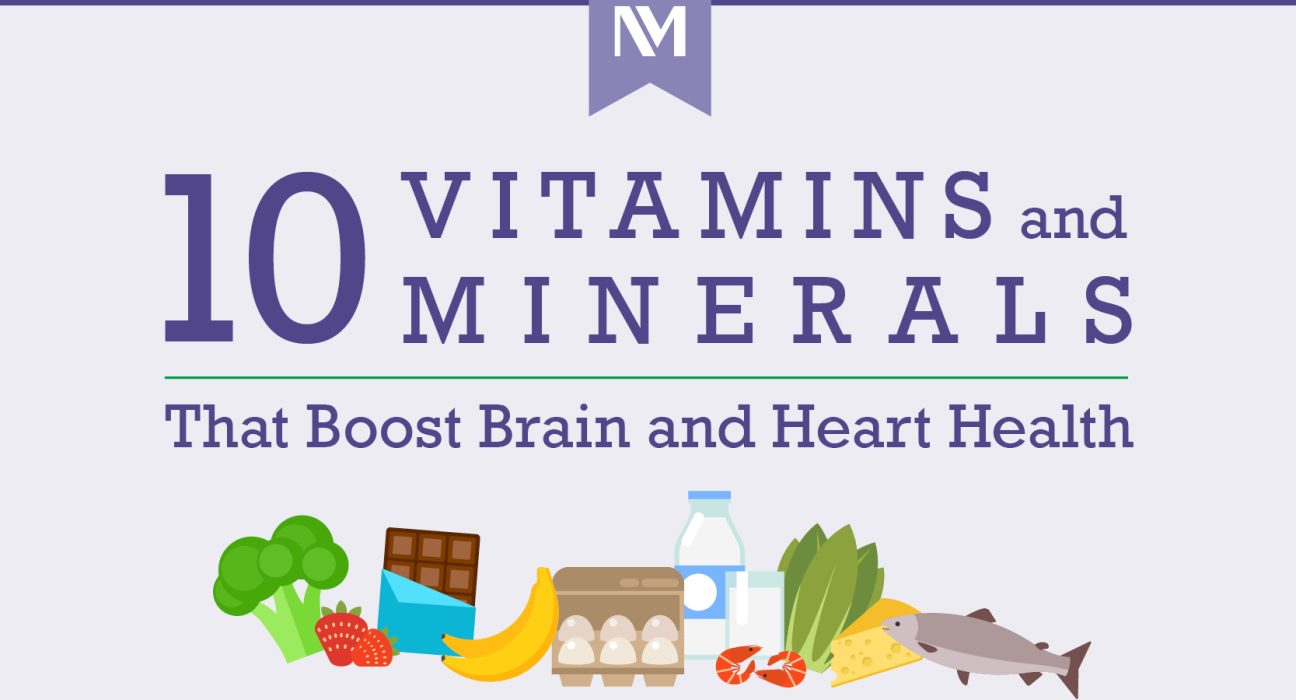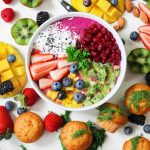Vitamins are small but mighty nutrients your body needs to stay healthy and function properly. They help with everything—from boosting your immune system to keeping your skin glowing and your heart strong.
But with so many vitamins out there, it can be hard to know which ones you really need and why. In this blog, we’ll walk you through the top 10 essential vitamins for better health, how they help your body, and where to find them in everyday foods.
1. Vitamin A – For Eyes and Skin
Why it matters:
Vitamin A supports your vision, especially in low light. It also keeps your skin healthy and boosts your immune system.
Where to find it:
- Carrots
- Sweet potatoes
- Spinach
- Kale
- Eggs
Tip: Think “orange and green” veggies—those are often rich in Vitamin A.
2. Vitamin B1 (Thiamine) – For Energy and Nerves
Why it matters:
Thiamine helps your body turn food into energy. It also supports your nervous system and brain function.
Where to find it:
- Whole grains
- Nuts and seeds
- Beans
- Fortified cereals
Tip: A balanced breakfast with whole grains can cover a good portion of your daily B1 needs.
3. Vitamin B12 – For Brain and Red Blood Cells
Why it matters:
Vitamin B12 is crucial for making red blood cells and keeping your nervous system working properly. A deficiency can lead to fatigue, memory problems, and even mood changes.
Where to find it:
- Eggs
- Dairy products
- Fortified plant-based milks and cereals (for vegans)
Tip: If you’re vegan or vegetarian, talk to your doctor about taking a B12 supplement.
4. Vitamin C – For Immune Support and Skin Health
Why it matters:
Vitamin C helps your body heal wounds, absorb iron, and keep your immune system strong. It’s also an antioxidant, which means it protects your cells from damage.
Where to find it:
- Oranges
- Bell peppers
- Strawberries
- Kiwi
- Tomatoes
- Broccoli
Tip: Eating raw fruits and veggies keeps the Vitamin C intact—cooking can reduce it.
5. Vitamin D – For Bones and Mood
Why it matters:
Vitamin D helps your body absorb calcium, which is essential for strong bones. It also plays a role in mood regulation and immune function.
Where to find it:
- Sunlight (your body makes Vitamin D from sun exposure)
- Fortified milk or plant-based alternatives
- Egg yolks
Tip: In colder months or if you don’t get much sun, consider a supplement after speaking with your doctor.
6. Vitamin E – For Skin and Cell Protection
Why it matters:
Vitamin E is a powerful antioxidant. It helps protect your skin and cells from damage caused by free radicals (harmful molecules that can speed up aging and disease).
Where to find it:
- Nuts and seeds (like almonds and sunflower seeds)
- Spinach
- Avocados
- Vegetable oils
Tip: Add a handful of nuts to your daily diet for a natural Vitamin E boost.
7. Vitamin K – For Blood Clotting and Bone Health
Why it matters:
Vitamin K helps your blood clot properly (so you don’t bleed too much from a cut), and it also supports strong bones.
Where to find it:
- Leafy greens (kale, spinach, collard greens)
- Broccoli
- Brussels sprouts
- Eggs
Tip: Eating a salad with dark greens a few times a week is an easy way to get more Vitamin K.
8. Folate (Vitamin B9) – For Cells and Pregnancy
Why it matters:
Folate is essential for cell growth and repair. It’s especially important during pregnancy, as it helps prevent birth defects.
Where to find it:
- Leafy greens
- Lentils and beans
- Avocados
- Fortified cereals
- Oranges
Tip: If you’re pregnant or planning to be, take a prenatal vitamin with folic acid (a form of folate).
9. Biotin (Vitamin B7) – For Hair, Skin, and Nails
Why it matters:
Biotin helps convert food into energy and keeps your hair, skin, and nails healthy.
Where to find it:
- Eggs
- Almonds
- Sweet potatoes
- Spinach
- Bananas
Tip: If you notice brittle nails or thinning hair, ask your doctor if a biotin supplement might help.
10. Niacin (Vitamin B3) – For Metabolism and Skin
Why it matters:
Niacin supports your metabolism and helps maintain healthy skin and nerves. It also aids in reducing bad cholesterol (LDL) levels.
Where to find it:
- Brown rice
- Peanuts
- Fortified bread
Tip: A bowl of oatmeal topped with peanut butter is a niacin-rich breakfast!
Do You Need a Multivitamin?
While a healthy, balanced diet should give you most of the vitamins you need, some people may benefit from a multivitamin—especially if you:
- Follow a restrictive diet
- Have absorption issues
- Are pregnant
- Don’t get much sun (for Vitamin D)
Talk to your healthcare provider before starting any supplement.
Tips to Get More Vitamins Naturally
- Eat the rainbow: Colorful fruits and vegetables offer a variety of vitamins.
- Choose whole foods: They provide more nutrients than processed ones.
- Stay hydrated: Water helps your body absorb nutrients better.
- Limit junk food: Highly processed foods are often low in vitamins.
Final Thoughts
Vitamins may be small, but they have a huge impact on your health. From glowing skin and strong bones to better energy and mood, these 10 essential vitamins help your body thrive.
The good news? Most of them are easy to get from everyday foods. Focus on eating a colorful, balanced diet, and you’ll be well on your way to better health—one bite at a time.





